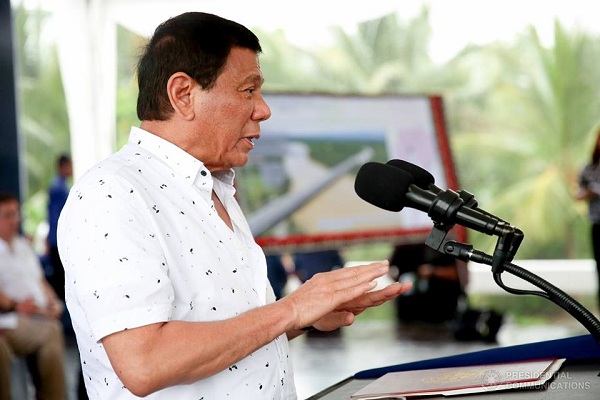By Iris Gonzales (The Philippine Star) | Updated May 24, 2017 – 12:00am
https://us9.admin.mailchimp.com/campaigns/wizard/neapolitan?id=1125021
MOSCOW – Filipino businessmen are quietly raising concerns over the government’s proposed hybrid approach for public-private partnership (PPP) infrastructure projects which President Duterte is expected to present during his official visit here.
Some members of the Philippine business delegation in the Russia state visit said the new PPP route raises questions.
Under the hybrid approach, the government will build the projects and later on bid out the operations and maintenance to the private sector.
Funding for the projects to be developed by the government will come from a mix of sources such as bilateral loans, official development assistance and government funds.
This, however, potentially takes away some business opportunities for Filipino businessmen, some of whom already got all excited with the Duterte administration’s vow to usher in the so-called golden age of infrastructure in the country and its move to welcome unsolicited proposals.
“That hybrid approach will take time and when that happens, the golden age of infrastructure may not happen,” said a businessman involved in the infrastructure business, who declined to be named.
“The question really is can the government build the projects fast enough?” the source added.
The businessman noted for instance that this year, there is only a very short window to jumpstart infrastructure projects due to the coming rainy season.
Another businessman involved in the power sector said the hybrid approach would also entail debt for the government, which would ultimately be shouldered by taxpayers.
“Even our grandchildren will have to pay for that,” the businessman said.
In a forum in Manila last week, tycoon Manuel V. Pangilinan said the hybrid approach may indeed pose problems.
“The government has decided to adopt the hybrid PPP approach to infrastructure to make it more expeditious. Government will build projects and bid out operations and management. Now, this hybrid approach has started communication within the business community.” Pangilinan said.
He said the first concern is whether the government has the capacity to execute these large projects.
“The second concern is that a good portion of this spending will be financed by debt. Debt eventually will have to be paid.”
In the same forum, Megawide Construction Corp chief financial officer Oliver Tan said in financing PPP projects, ODA-funded infrastructure could take time and thus cost more because of interest that goes up when the project is delayed, whereas private sector-led initiatives are faster.
He cited the company’s experience in the Mactan-Cebu International Airport which has a delivery period of only three-and-a-half years, comparing this with the ODA-funded New Iloilo Airport, which took nine years and two months.
Last month, the government’s economic team announced the administration’s preference for hybrid PPP deals under its Dutertenomics program.
Officials said this is the fastest approach as the traditional PPP project usually takes 29 months before it takes off while unsolicited proposals would at least require a 20-month lead-time.
Furthermore, officials said the government can borrow at lower rates through grants and concessional loans and later on harness the private sector’s expertise in managing, operating and maintaining such infrastructure projects.
Dutertenomics is an P8-trillion plan focused on improving infrastructure in the country.
Despite the concerns of the business community, the Duterte administration continues to trumpet Dutertenomics with its slogan “Build, Build, Build.” |
